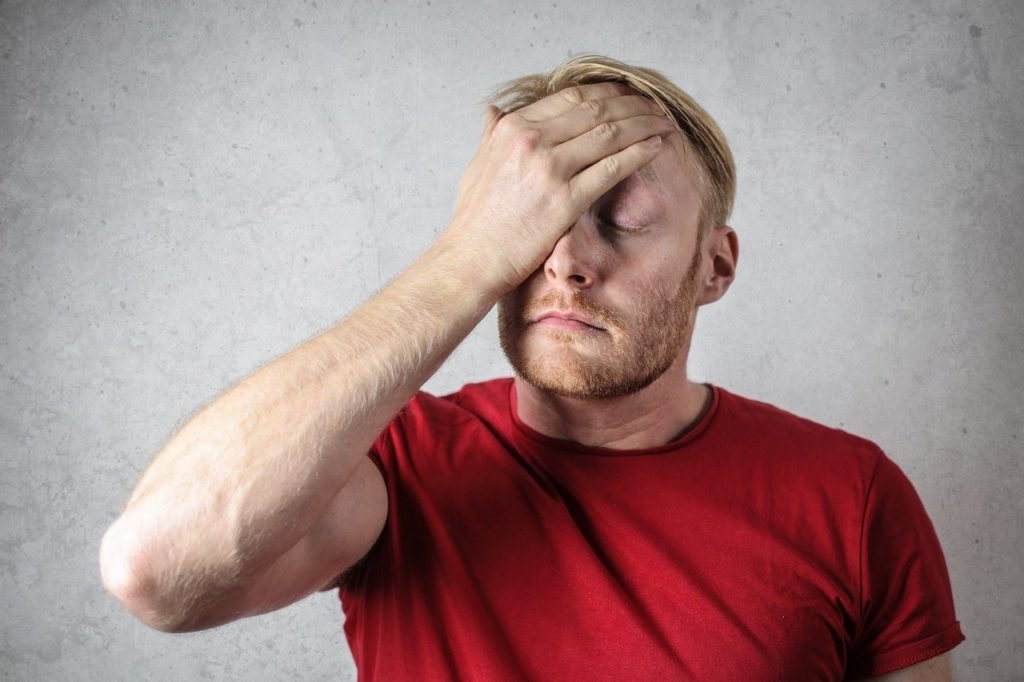
Anxiety, Addiction, and Recovery
Many people who become addicted to drugs have co-occurring mental health disorders, such as generalized anxiety disorder. Anxiety is a widespread mental health issue in America, especially during the era of COVID-19. Many people during this crisis are experiencing high levels of stress and anxiety.
Anxiety and Substance Use
Many people who have anxiety abuse drugs or alcohol. After all, one of the first initial reasons people decide to experiment with drugs is “to relax.” Some people with anxiety are also prescribed benzodiazepine drugs to ease their anxiety. Benzos can be highly addictive and cause dangerous withdrawal symptoms even if you’ve been using them as prescribed.
Anxiety can be a fleeting emotion or a mental health disorder, depending on the symptoms you feel. Some people find it to be debilitating. Lots of people use alcohol and drugs to self-medicate anxiety, depression, and other mental health disorders. It’s not healthy, but it’s common.
The good news is that when you get sober, you’ll learn new coping tools for anxiety. You’ll start to gain confidence in life, too! So you may end up feeling a lot less anxious in the long run.
A Few Simple Ways to Cope with Feeling Anxious
Everyone feels nervous or anxious, but this is much more common among the newly sober. When people first get sober, they often feel like many of their emotions are raw and new. After quieting them with substances for some time, it may feel dramatic to reencounter your feelings. Learning to cope with feelings and be prepared for them is one part of recovery you’ll tackle throughout your life.
Here are some suggestions for when you feel anxious:
- Download a breathing app for your phone. Breathing apps help you regulate your breathing and calm yourself. Relaxation exercises can help slow down your blood pressure, too. Try the Calm App or Simply Being to learn short meditations and breathing exercises.
- Take a bath and listen to soothing music. Everyone has music that makes them feel more energized and upbeat. Take some time to indulge in it.
- Write about your feelings, using as many cuss words as you want. Journaling is a great way to “figure things out” and get to the bottom of it.
- Exercise for at least 15 minutes a day. Exercise helps your body release feel-good chemicals in the brain and enables you to stay healthy and strong.
- Act out a situation that brings you anxiety with your therapist or sponsor. For example, you can practice an apology to a friend or an interview for a potential job.
If you feel like anxiety is controlling your behavior or life, there’s always help available. A mental health professional can screen you for anxiety, give you advice and tools to control it. If medication is necessary, a doctor can safely prescribe it for you.
Getting Help for Addiction
Do you need help with a substance use disorder? We’re here to help you or your loved one recover! Even during COVID-19, we have found ways to make treatment accessible to our clients. Call us at 619-363-4767 to learn more about your options.
Categories
Addiction





